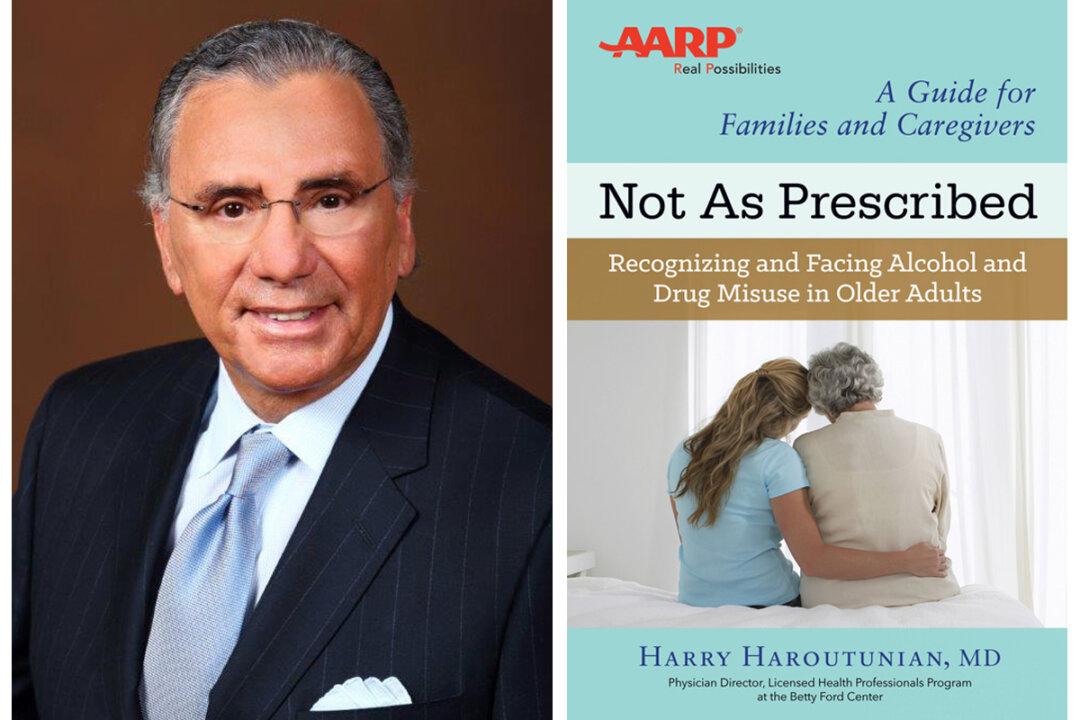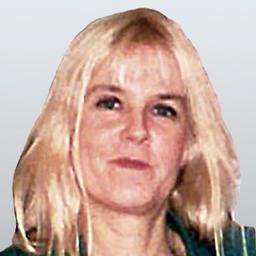Are you or is an older adult in your life suffering from misuse of drugs? It is an increasingly common problem says a new book by Harry Haroutunian, M.D., because people are taking more drugs than ever before and not always aware of their side effects and interactions.
This “polypharmacy” can produce everything from falls and accidents to behavior that is quickly termed “dementia” in the elderly though it might well be from drug effects.
The problem is compounded by doctors not always aware of what other doctors are prescribing a patient and the addictive nature of many widely prescribed drugs.
Dr. Haroutunian, physician director of the Licensed Health Professionals Program at the Betty Ford Center, has written a book addressing these issues called ”Not as Prescribed—Recognizing and Facing Alcohol and Drug Misuse in Older Adults.”
Martha Rosenberg: Your book discusses ageism that can lurk behind medical treatment of the elderly—the belief that a person does not have long to live, cannot live a quality life, or even that the elderly should be allowed to have “their comfort” when it comes to drugs like opioids or benzodiazapines.
Dr. Haroutunian: People can do extraordinary things in the 90s. I have a colleague at the Betty Ford Center who has written two books about recovery and speaks in prisons about recovery and addiction at the age of 95. The later years can be more fulfilling than anything before them. I have seen my patients blossom when taken off harmful drugs and drug combinations. If “mom” doesn’t remember that you visited yesterday or that you rushed over to check on her because her phone went dead, she may not have declining memory issues at all—she may be suffering from drug side effects.






